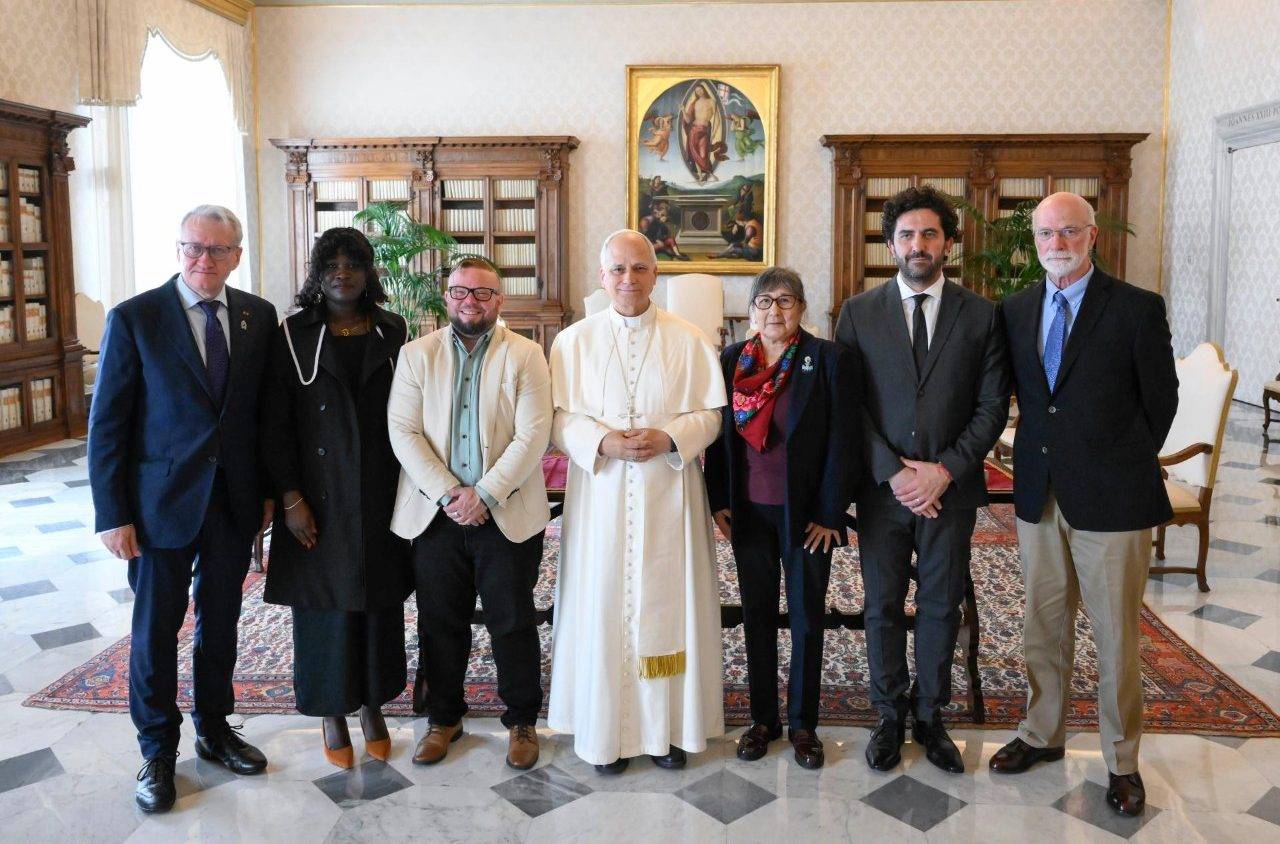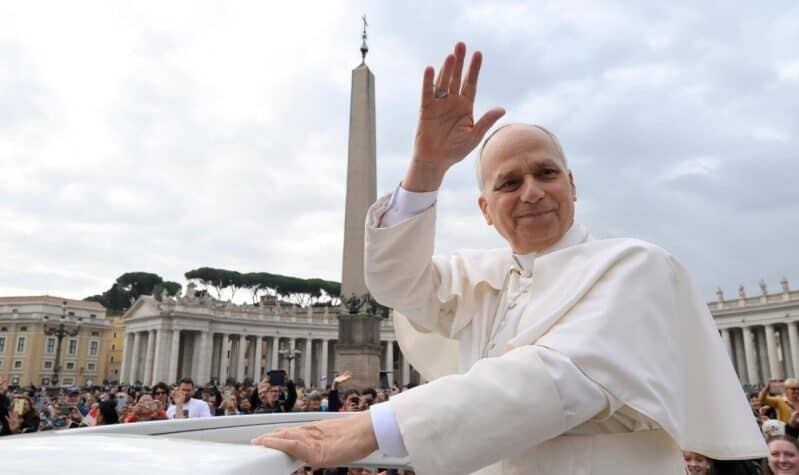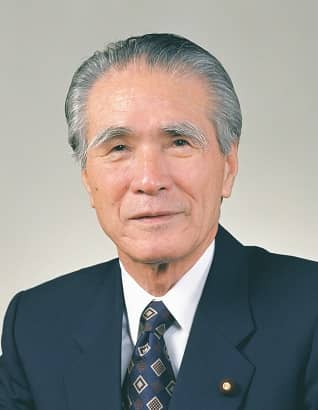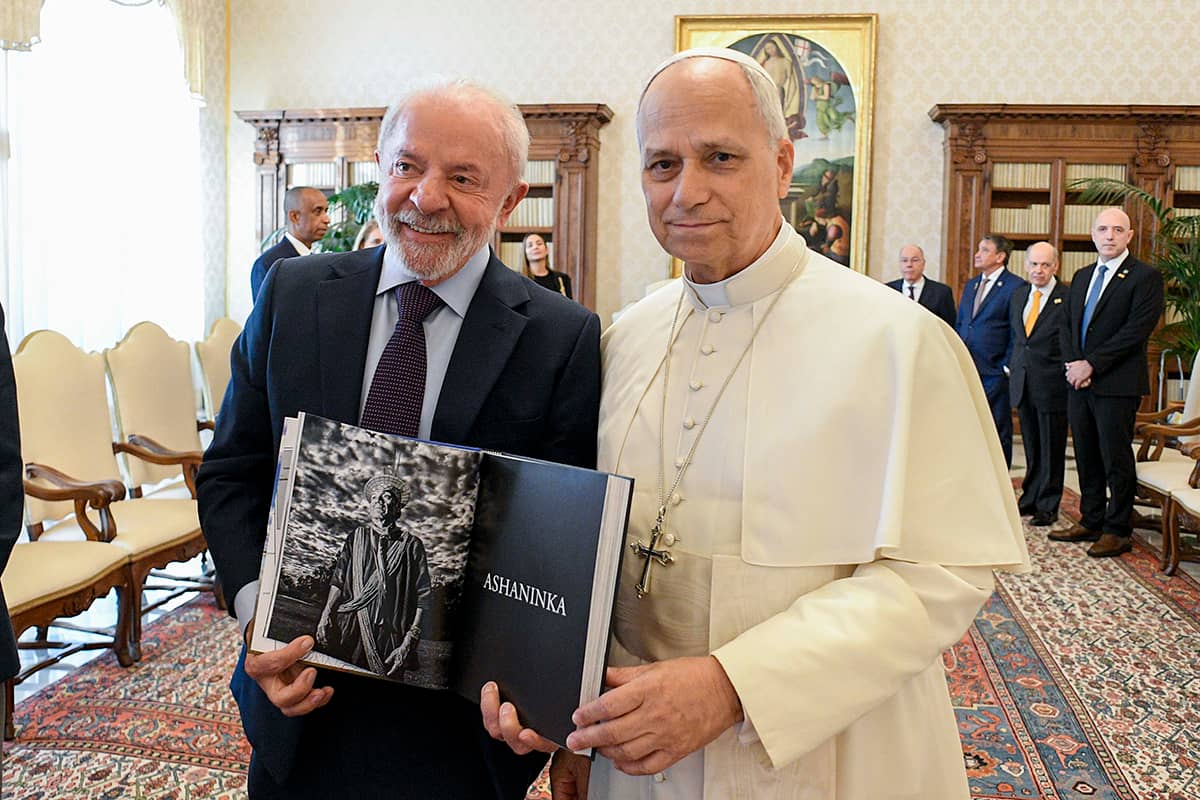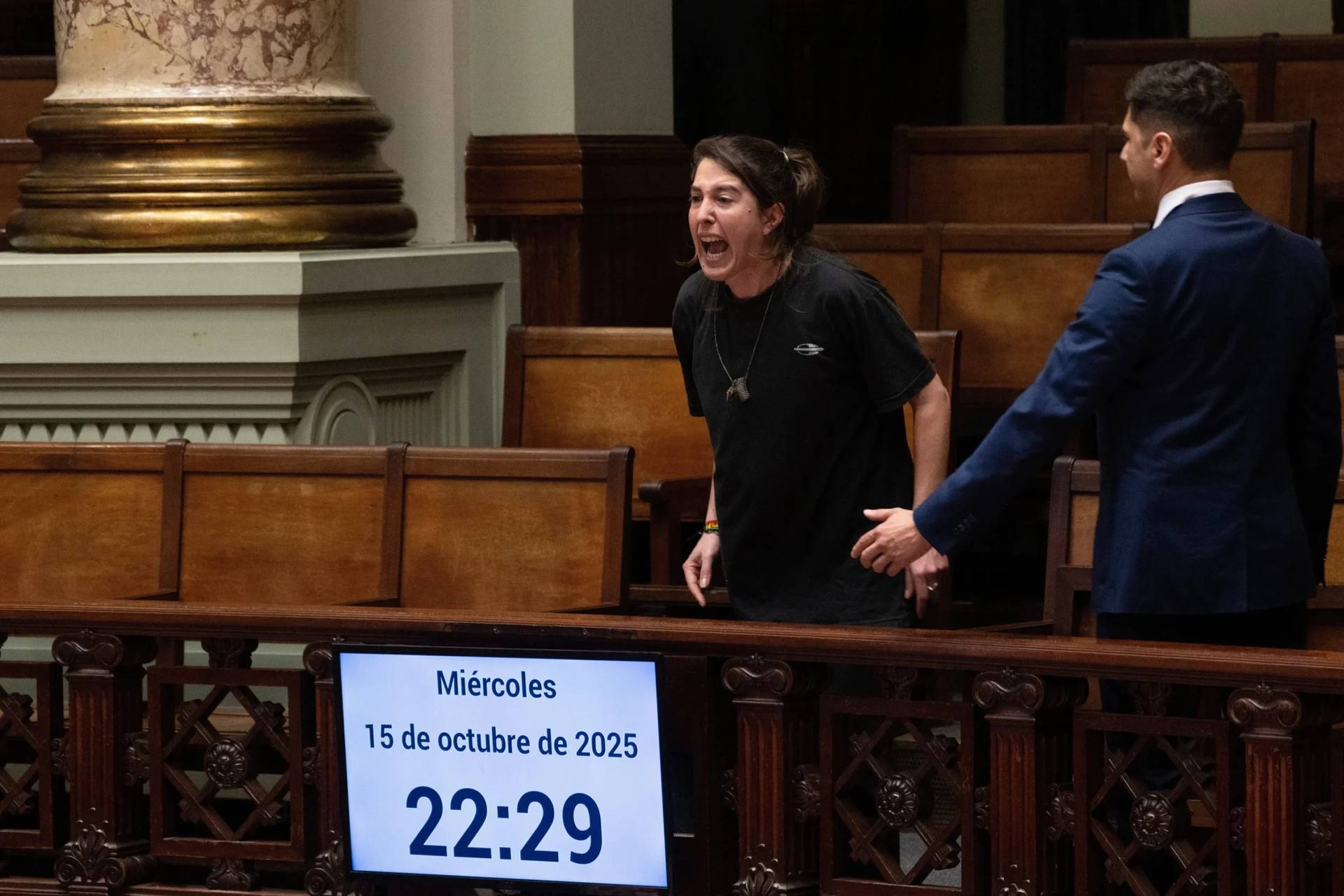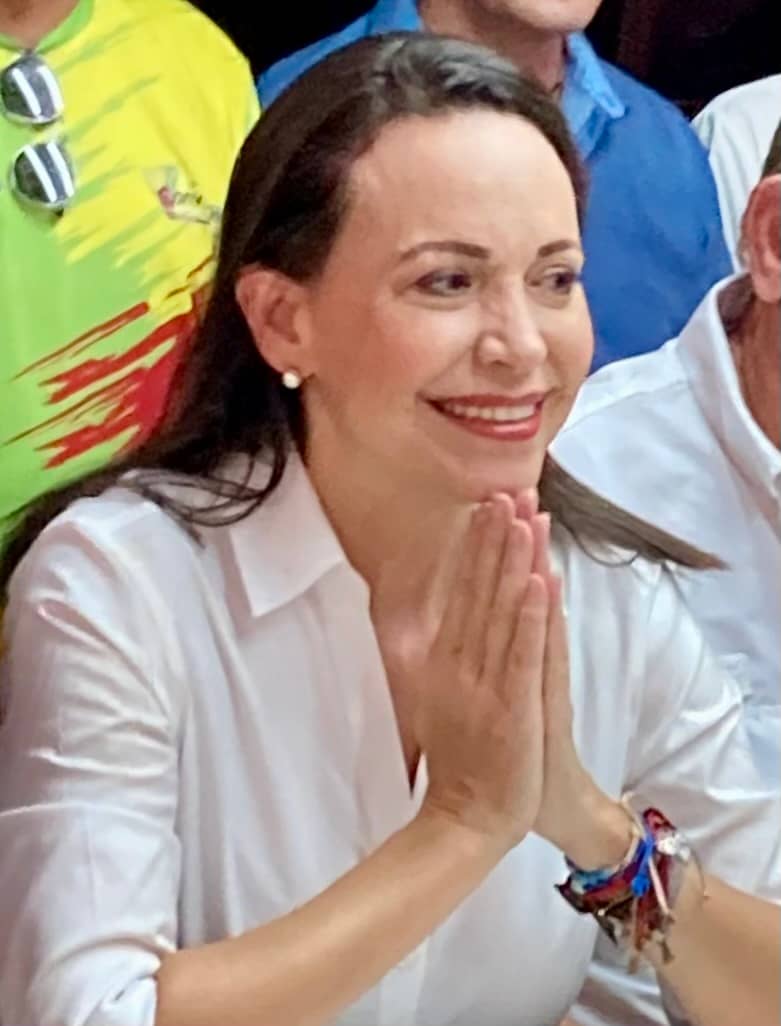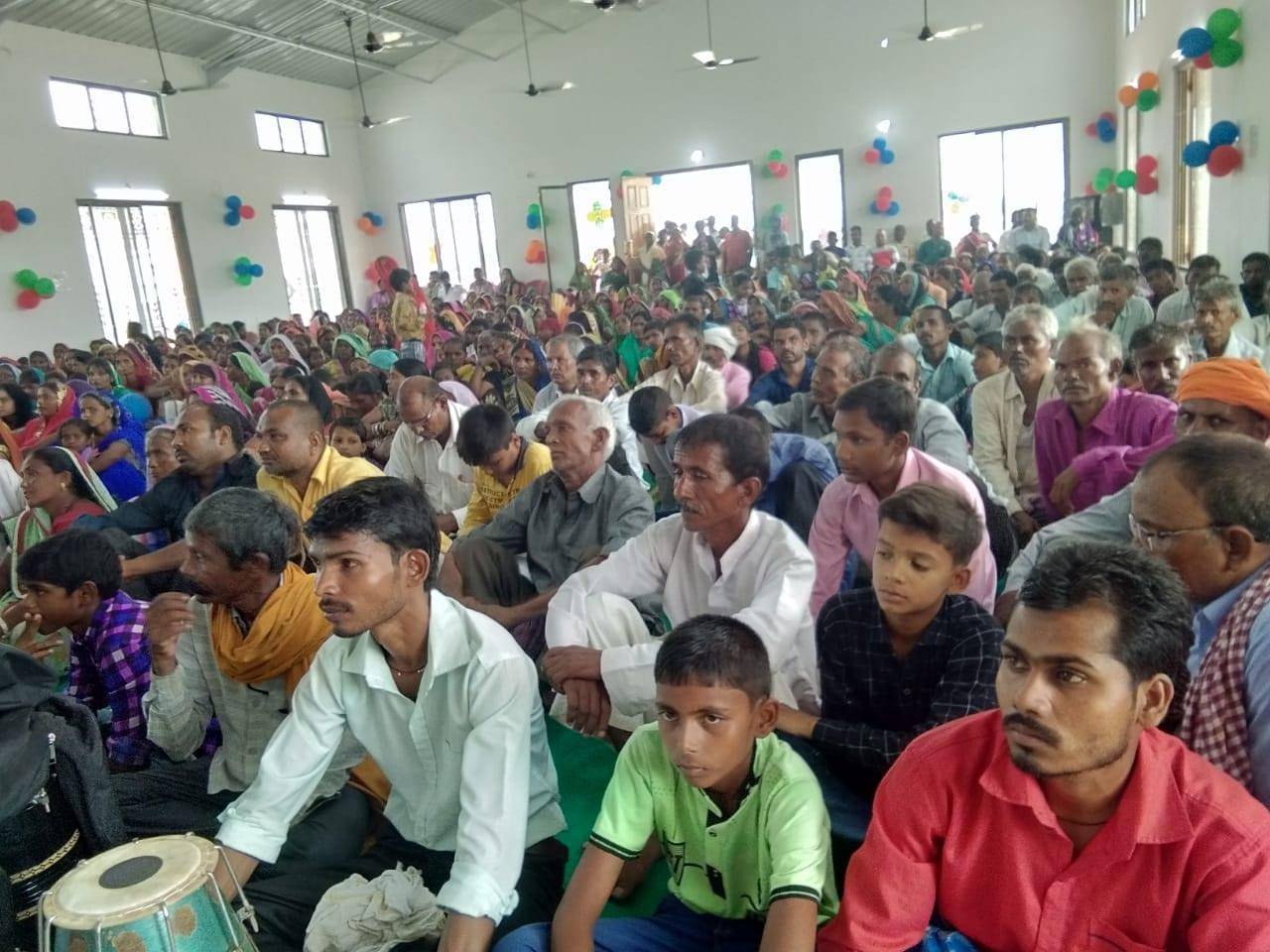ROSARIO, Argentina – When toasting the new year, some people like to say it’s an opportunity for a new life. When it comes to the concerns the Catholic Church faces in Latin America, however, the future has a habit of seeming awfully like the past.
Brazil, and the question marks over President Jair Bolsonaro
Sworn in on the first day of the year, the far-right former military leader promised religious freedom and to liberate the country from “gender ideology,” calling on members of congress to help him “restore” the nation, “freeing it from the yoke of corruption, crime, economic irresponsibility and ideological submission.”
During his opening speech, Bolsonaro also said his government will “unify the people, value the family, respect religion and our Judeo-Christian traditions, combat gender ideology, preserving our values.”
“Gender ideology” is terminology often used by Pope Francis to condemn the idea that one can freely choose a gender regardless of the sex with which they were born.
Speaking with the Polish bishops in 2016, during World Youth Day, he said: “In Europe, in America, in Latin America, in Africa, and in some countries of Asia, there are real ideological colonizations. And one of them – I’ll say it clearly with name and surname – is gender. Today children – children! – are taught at school that everyone can choose their sex. And why do they teach this? Because the books belong to people and institutions that give money.”
He’s used it many times since, saying, for instance, that gender ideology is a threat against the family.
Yet Bolsonaro’s rejection of gender ideology might be the only thing he has in common with Francis, as the Brazilian is often described as homophobic and the Argentinian as a pope who’s making the Church a more welcoming place for the LGTB community.
In addition, Bolsonaro has not made a priority of Brazil’s indigenous people, particularly those who live in isolation. An estimated 0.5 percent of the total population, they live in a protected area that represents 14 percent of the country in the Amazon basin.
Before and after the elections, the president made no secret of his impatience towards what he describes as “Shiite indigenous,” and has promised to lift fines and ease sanctions imposed on those who exploit these lands.
Bolsonaro has also compared these territories to “zoos for animals,” and said he wants to “integrate them,” a term often used by the last Brazilian military dictatorship as a euphemism for the systemic extermination of the natives. After a two-decade government that ended in 1985 only 100,000 indigenous remained, and the number has gone up to 900,000 since then.
According to the new president, they have an “excessive amount” of land, and he’s acknowledged that he believes that “where there is indigenous land, there is always wealth,” in a clear sign that he intends to exploit these territories for minerals, oil and farming.
Francis, on the other hand, wrote the first-ever papal document dedicated fully to the environment and he’s so concerned by this region, which includes several other Latin American countries, that he called a summit of bishops for this October dedicated exclusively to what is commonly known as one of the world’s lungs.
No rest for Catholics in Nicaragua
After a civil uprising that began last April, the local bishops have been at the center of the crossfire between the people and the government, that banned civil protests against Daniel Ortega after some 500 people were killed by the police, the military and para-military.
Asked by the government to mediate in a dialogue table that went no-where, the bishops didn’t stay silent as the government gunned people down, nor have they stayed quiet since the protest ended, always appealing for justice, peace, and for the hundreds who’ve been imprisoned or who’ve disappeared to be freed or at least be given a fair trial.
RELATED: Nicaragua needs ‘courageous’ bishops to resolve political crisis
It’s tradition in the Archdiocese of Managua to begin the year with a procession on Jan. 1. The local bishops, Cardinal Leopoldo Brenes and auxiliary bishop Silvio Jose Baez were ready to uphold that tradition, despite the fact that the latter has been living almost in reclusion in the seminary, after being threatened. The government circulated a petition for Pope Francis to get him out of Nicaragua.
The tradition of having a procession on Jan. 1 began in 1968, and not even the 1972 earthquake that devastated the capital, was reason to call it off. Yet on New Year’s Eve the archdiocese announced that it was going to be cancelled, and that only the open-air Mass would be held.
Though he refused to say as much, sources in Nicaragua have told Crux that the church had been informed of possible targeting by the government forces, and Brenes chose to play it safe.
Days before, Brenes had called on the people of Nicaragua to “defeat fear” and to take part in the procession. However, after the event he did acknowledge that the church had received “some information about possible tensions,” hence the decision to call it off. It was unclear, he said, where the information originated, but “to avoid clashes,” he consulted many priests and “prayed a lot,” and determined it would be best to suspend the decades-old tradition.
Most of Brenes’s homily turned around Francis’s words on Jan. 1, considered by the Catholic Church as the World Day for Peace. The pontiff had said that good politics is “in service of peace,” and if it takes place in the “fundamental respect of life, freedom and the dignity of people, it can become a true form of charity.”
“We want to advice those who do politics in our country to read the pope’s remarks, because they will be very useful to achieve peace in our country,” Brenes said.
Towards the end of his homily, the prelate prayed for Nicaraguan people to be able to build a “dignified future for all, where the gift of diversity [of thought] is a wealth.”







